The fight to protect Japanese whisky from foreign blends
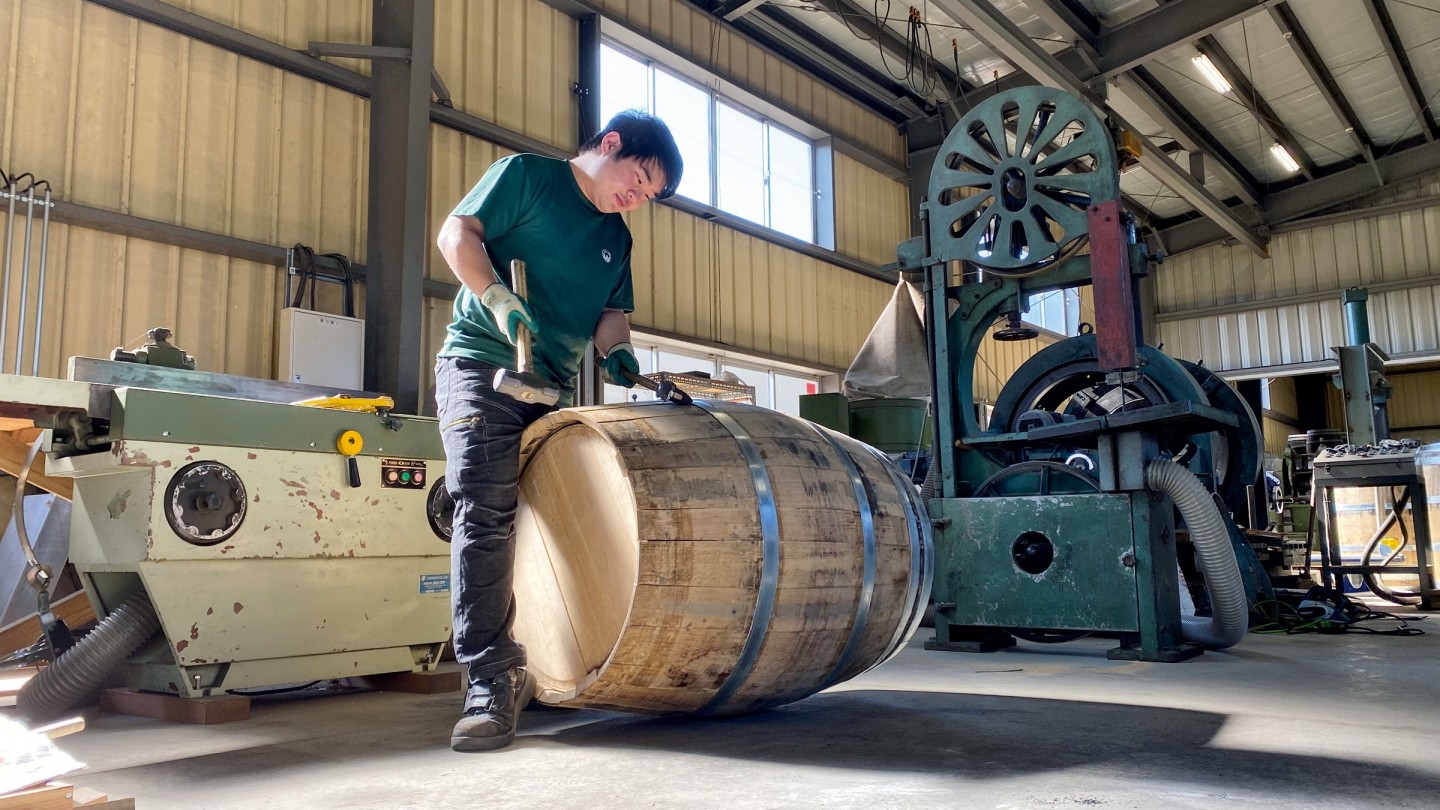
Roula Khalaf, Editor of the FT, selects her favourite stories in this weekly newsletter.
No spirit has been the subject of quite as much hype as Japanese whisky in the past 10 years. Thanks to a series of high-profile competition wins, and some jaw-dropping auction prices, whisky lovers are wont to lose their heads over just about anything with a Japanese character on it these days. But it’s a gold rush that has allowed the industry to gloss over an awkward truth: a lot of so-called “Japanese” whiskies, particularly at the lower end of the price spectrum, contain whisky distilled elsewhere. In Scotland or Canada, mostly.
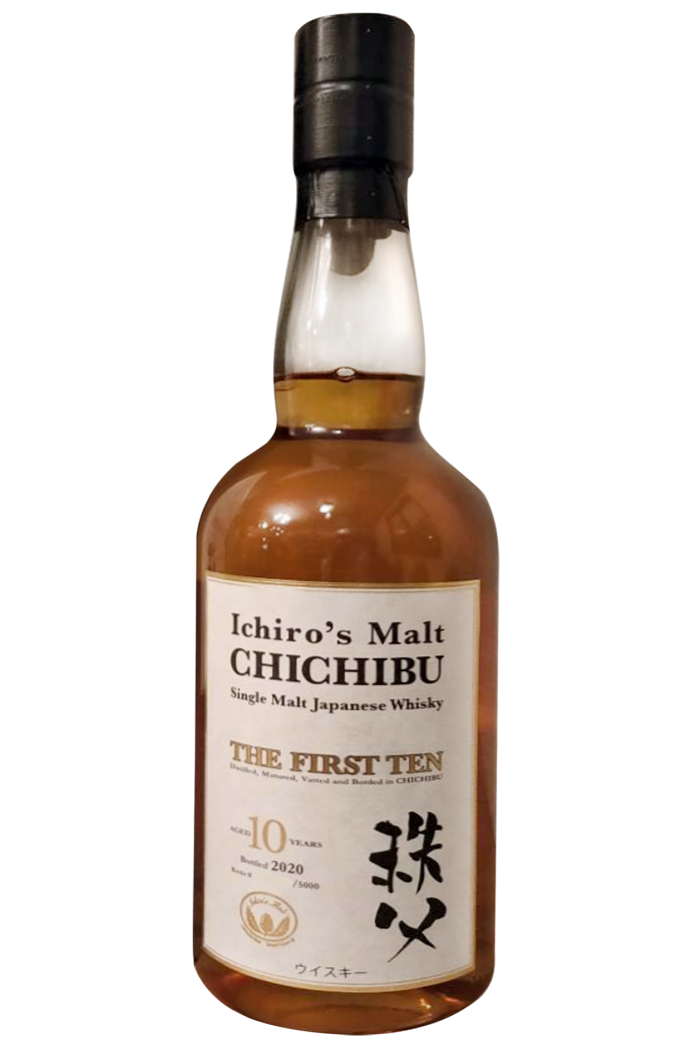
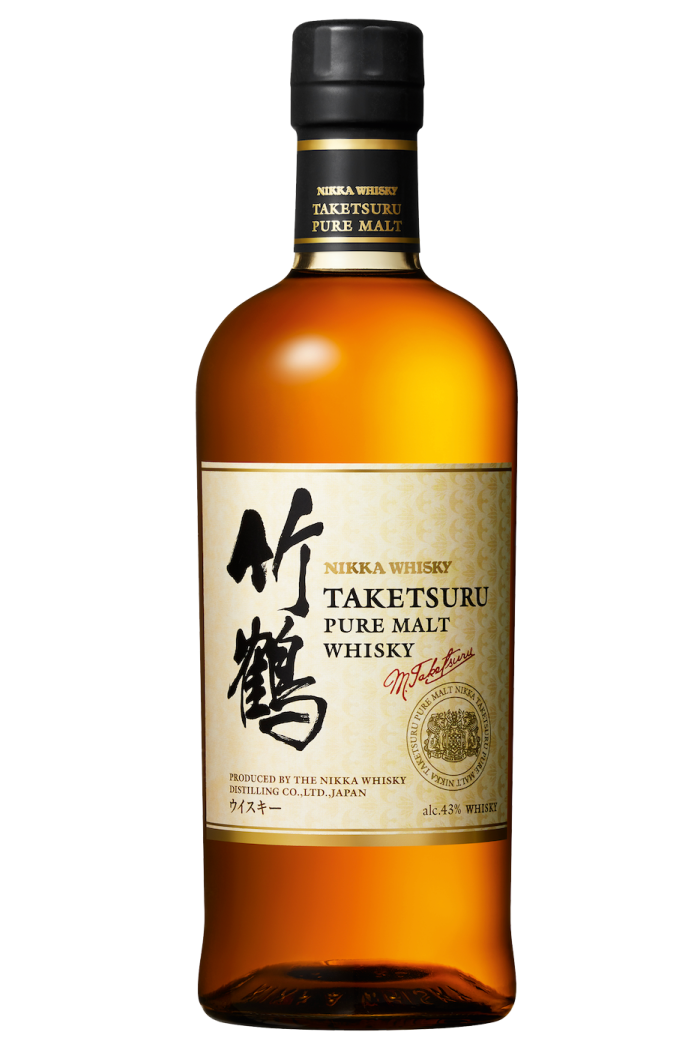
The practice of intercontinental blending – which started as a way of bolstering stocks in the face of booming global demand – is not wrong in itself. Some even make a point of it: Suntory’s Ao “World Blend” features whisky from Scotland, Canada, Ireland, America and Japan (£155.99, dekanta.com). But misleading the consumer about a whisky’s origins, in the hope of charging a premium, is. In February, and not before time, the Japan Spirits and Liqueurs Makers Association announced new regulations designed to stop it.
Under the new regs, a legit Japanese whisky must be distilled in Japan from malted or cereal grains (including rice) and Japanese water. The use of grain, peat and barrels from overseas is permitted (as it is in the production of Scotch whisky), but the deed must be done in Japan. Compliance to these new rules is voluntary; and there will likely be some that don’t comply. But most of the big names reworded their marketing material overnight. All Suntory’s expressions in the UK – which include Yamazaki, Hakushu and Hibiki – escaped unscathed, but one high-profile casualty was the popular Nikka from the Barrel, which now carries a website disclaimer.
The highly regarded craft distiller Chichibu welcomes the new regulations. “It’s a great step for the future of the industry, and we are really happy about it,” says global brand ambassador Yumi Yoshikawa. Chichibu is more locavore than most: the distillery already uses locally grown barley and Japanese oak casks in several of its recipes including the recently released Chichibu The First Ten (£1,871.90, dekanta.com). There are also plans to start experimenting with Japanese peat in the “near future”.
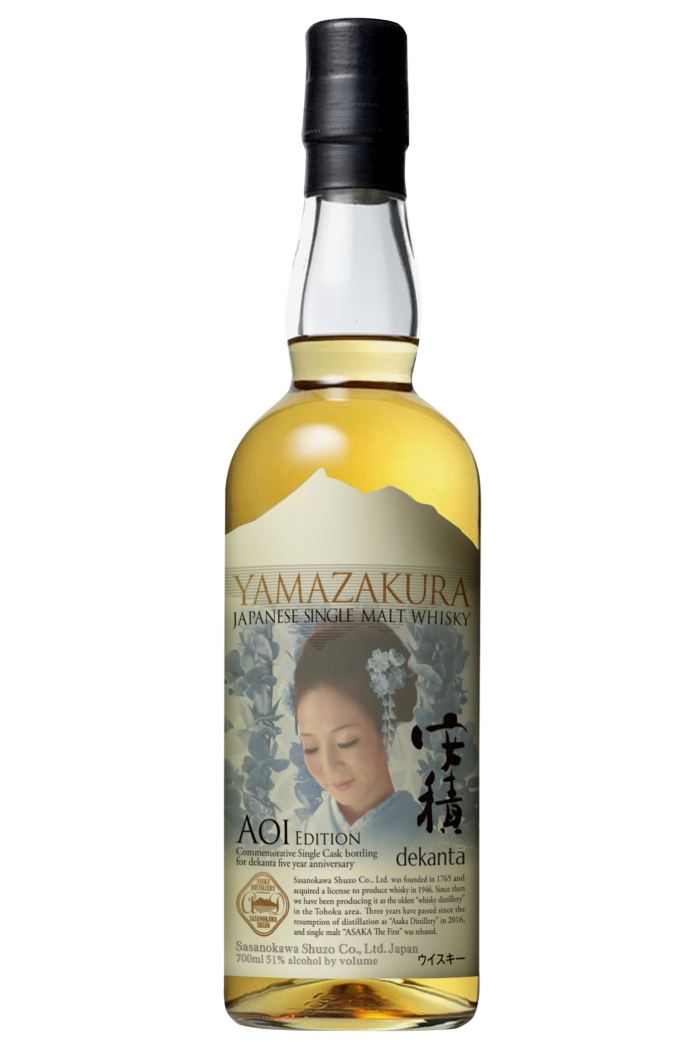
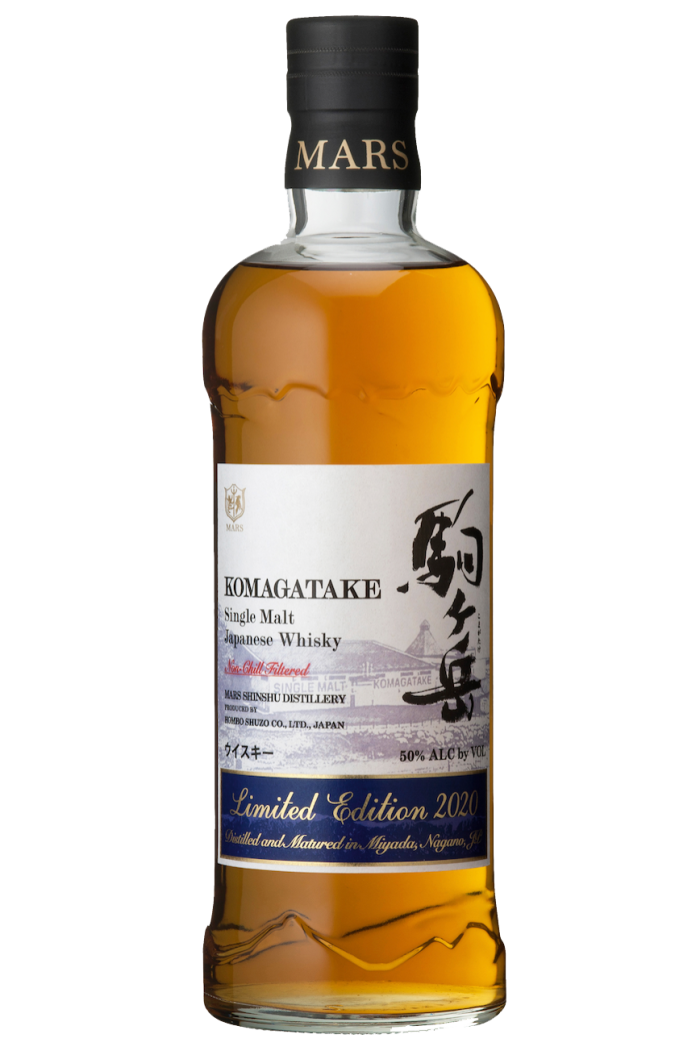
Japan is home to around 24 bona fide whisky distilleries, but that number is growing all the time. One of the newest is Asaka, north of Tokyo. Formerly an importer and blender, the company began distilling in 2016 and recently released its first whiskies, including Dekanta Asaka Aoi Edition, a single-barrel, three-year-old blend bottled exclusively for Japanese whisky specialists Dekanta – fragrant and lightly spicy, it shows great promise (£194.99, dekanta.com).
Mars Shinshu in the Japanese Alps recommenced distilling in 2012 after a 20-year hiatus, and now regularly wins plaudits for its supple, fruity malts. The newly released Mars Komagatake 2020 Limited Edition is generous and plummy, with sweet notes of honey, cocoa and marzipan (£132, masterofmalt.com).
For Nikka fans, I also recommend the latest edition of Taketsuru Pure Malt. This 100 per cent Japanese fusion of single malts from Miyagikyo and Yoichi – distilleries that play a key part in Nikka from the Barrel – is all soft smoke, sweet orange oils and incense (£59.95, masterofmalt.com). A captivating dram, however you classify it.
Comments